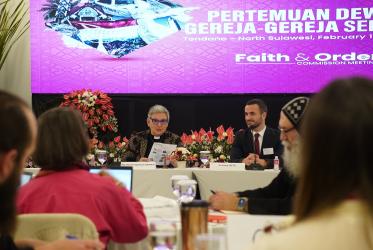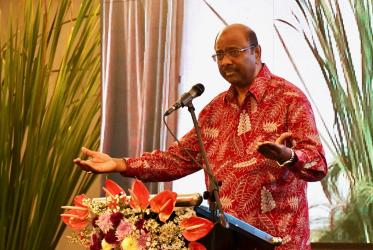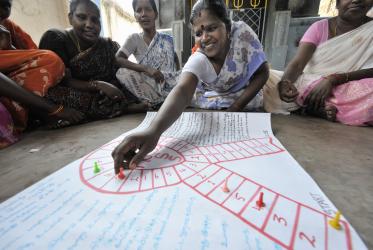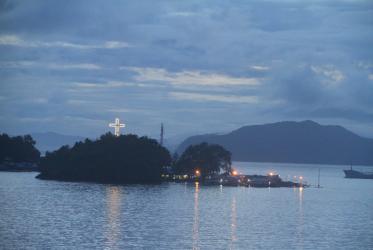Displaying 1 - 20 of 37
03 February 2024
In a COVID-stricken world, “everyone is important”
23 October 2020
The cry of the Papuans in Indonesia
14 November 2019
#WCC70: A prayer about health and healing
20 July 2018
In the ecumenical movement to stay
26 April 2018
In Indonesia, hearts and minds turn to pursuing justice and unity
09 September 2017
New videos help congregations hasten HIV response
20 October 2016
Voices from HIV workshop reflect deep impact
07 April 2016
Consultation considers right to food in context of climate change
15 December 2015
Land rights focus of panel discussion
17 November 2015













